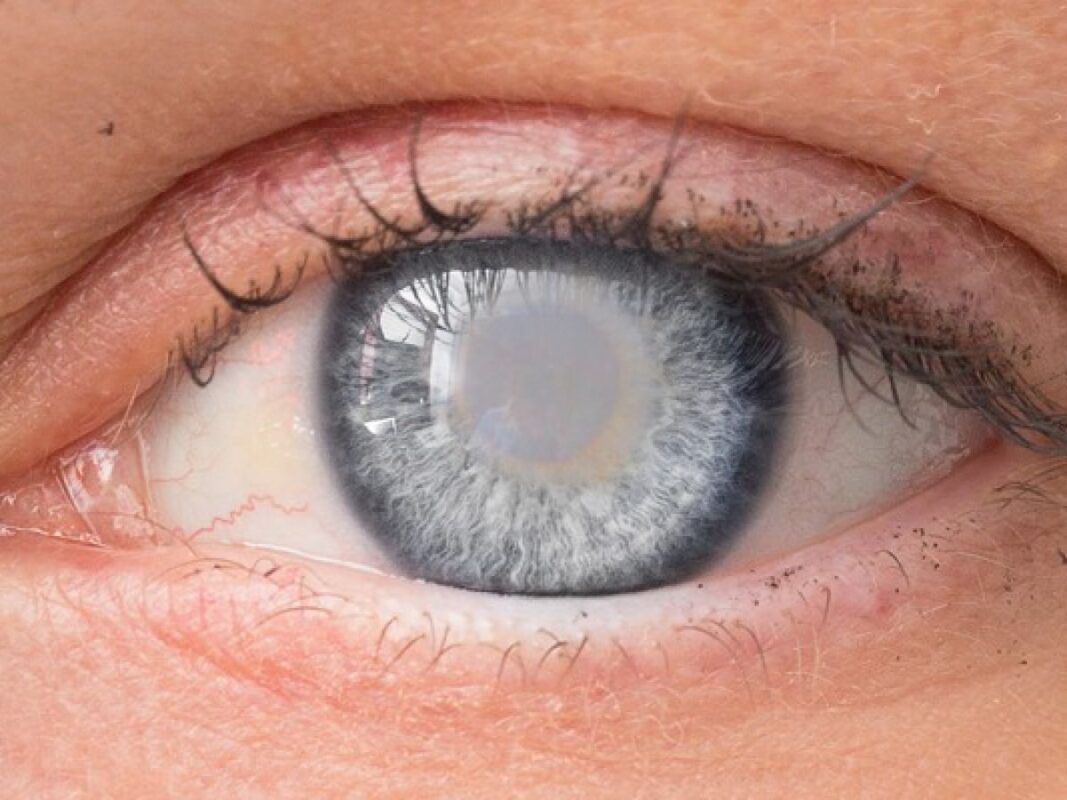Keratoconus is a progressive eye disease that results in the thinning and bulging of the cornea into a cone-like shape, leading to significant visual impairment. Severe keratoconus can drastically affect one’s quality of life, making early diagnosis and treatment essential.
Severe Keratoconus:
Keratoconus typically starts in the teenage years and progresses over time. In severe cases, the cornea becomes extremely distorted, causing blurred vision, glare, and sensitivity to light. Traditional eyeglasses and contact lenses often become insufficient for correcting vision at this stage.

Treatments for Severe Keratoconus:
- Corneal Cross-Linking (CXL)
- Corneal cross-linking strengthens the corneal tissue and halts the progression of keratoconus through a minimally invasive procedure.
- Procedure: The cornea is saturated with riboflavin (vitamin B2) and then exposed to ultraviolet (UV) light. This interaction helps form new cross-links between collagen fibers in the cornea, increasing its rigidity.
- Benefits: CXL can stabilize the cornea and prevent further deterioration, often improving vision over time. It’s a crucial intervention for halting disease progression.
- Implantable Contact Lenses (ICLs)
- Description: Implantable contact lenses are surgically inserted into the eye to provide better vision correction than traditional contact lenses.
- Procedure: A biocompatible lens is implanted between the iris and the natural lens, offering high-quality vision correction.
- Benefits: ICLs provide a stable and long-term solution for vision correction, especially for those with severe keratoconus who cannot tolerate regular contact lenses.
- Corneal Transplantation
- Description: Corneal transplantation, or keratoplasty, involves replacing the diseased cornea with a healthy donor cornea.
- Types: There are two main types: penetrating keratoplasty (full-thickness transplant) and deep anterior lamellar keratoplasty (partial-thickness transplant).
- Benefits: This procedure can significantly restore vision in patients with advanced keratoconus, especially when other treatments are ineffective.
- Scleral Contact Lenses
- Description: Scleral lenses are large-diameter gas-permeable lenses that rest on the sclera (the white part of the eye) and vault over the cornea.
- Benefits: These lenses provide excellent vision correction and comfort by creating a smooth optical surface, minimizing corneal irregularities.
- Topography-Guided Custom Ablation
- Description: This laser procedure reshapes the cornea based on detailed topographic maps of its surface.
- Procedure: Using excimer lasers, this treatment precisely targets and smooths out corneal irregularities.
- Benefits: It can significantly improve vision quality by addressing specific corneal distortions caused by keratoconus.
Author Details:
Dr. Sushruth Appajigowda holds a prominent position as a Cornea, Cataract, Glaucoma, and LASIK Surgeon in Bangalore. He serves as the chief Cataract and Refractive surgeon at Vijaya Nethralaya Eye Hospital, Nagarbhavi Bangalore. Renowned as one of the finest LASIK surgeons nationwide, he brings with him over 12+ years of experience across multiple LASIK platforms, including ZEISS, ALCON, SCHWIND, AMO, and Bausch and Lomb. Having successfully conducted over 5000 LASIK procedures, Dr. Sushruth holds the title of a Certified Refractive Surgeon and a Fellow of the All India Collegium Of Ophthalmology. Furthermore, he stands as a distinguished speaker at various National and International Forums, using his expertise to guide you in selecting the most suitable procedure based on your health requirements.

http://vijayanethralaya.com/link-in-bio/
Conclusion:
Severe keratoconus is a challenging condition, but advancements in medical technology have provided several effective treatment options. From corneal cross-linking and implantable lenses to corneal transplants and customized laser treatments, patients have access to solutions that can halt the progression of the disease and significantly improve vision. Early diagnosis and timely intervention are key to managing keratoconus effectively.










